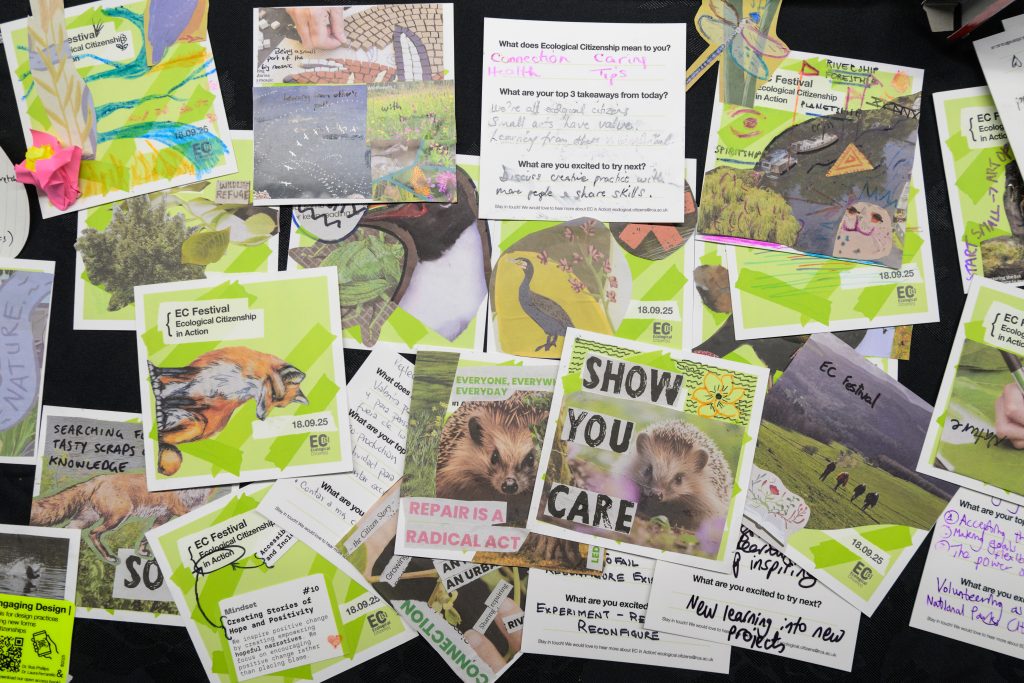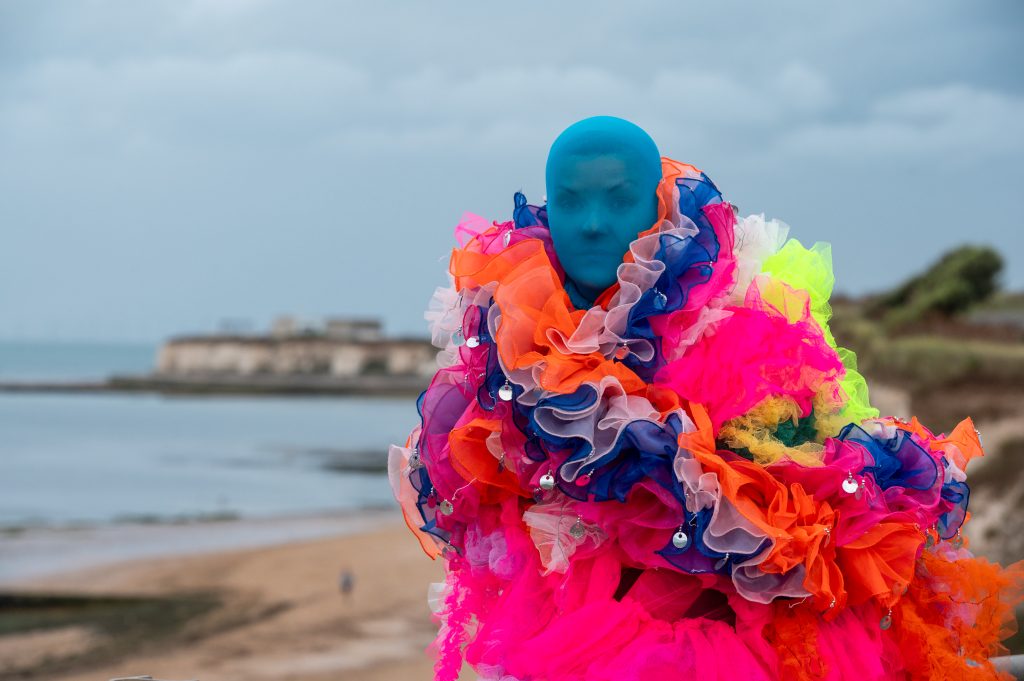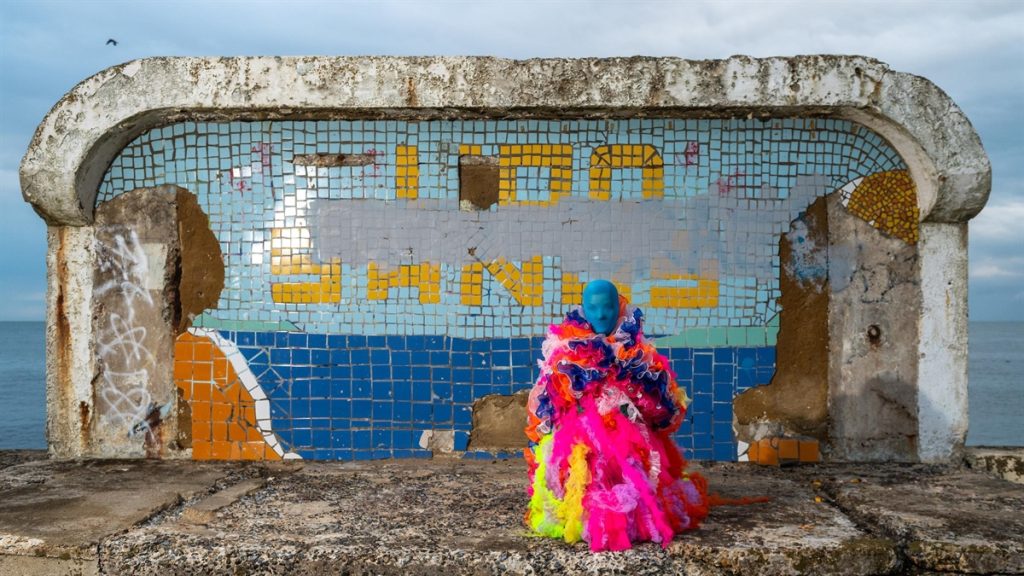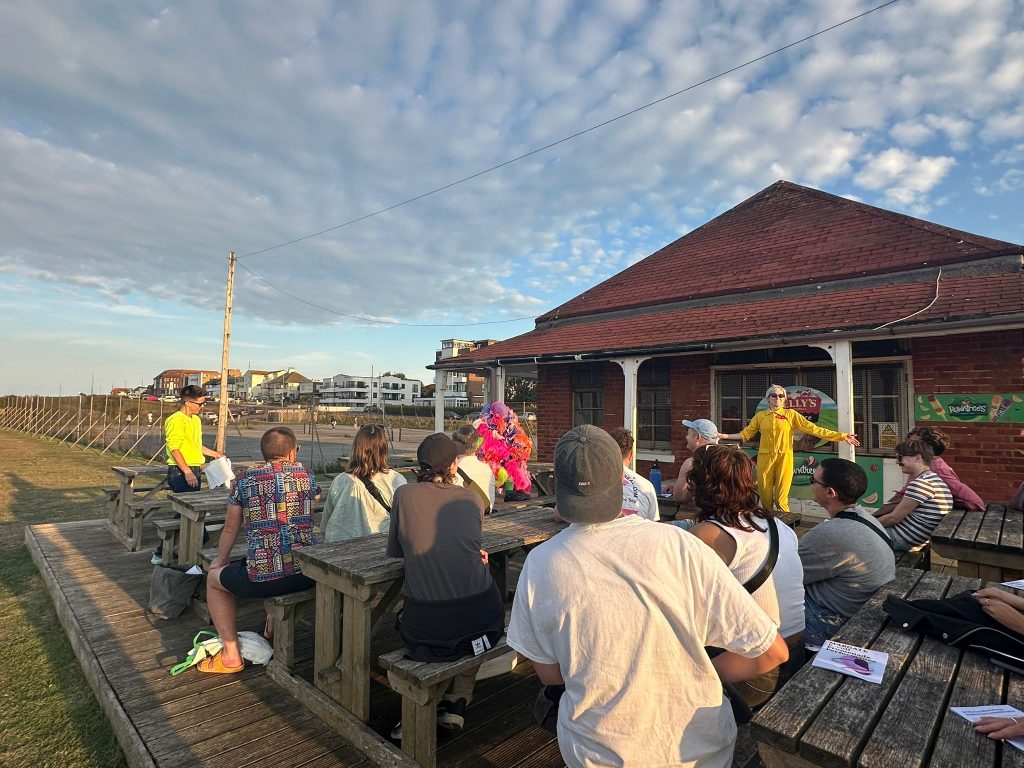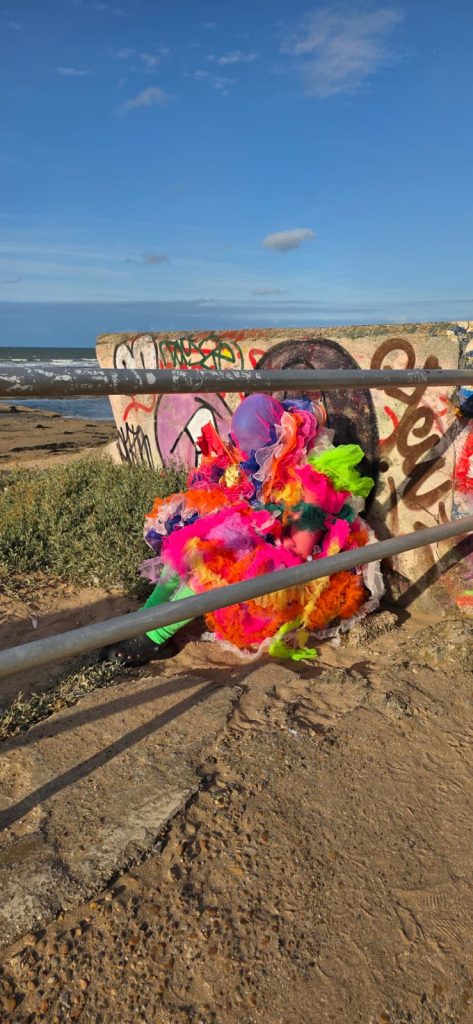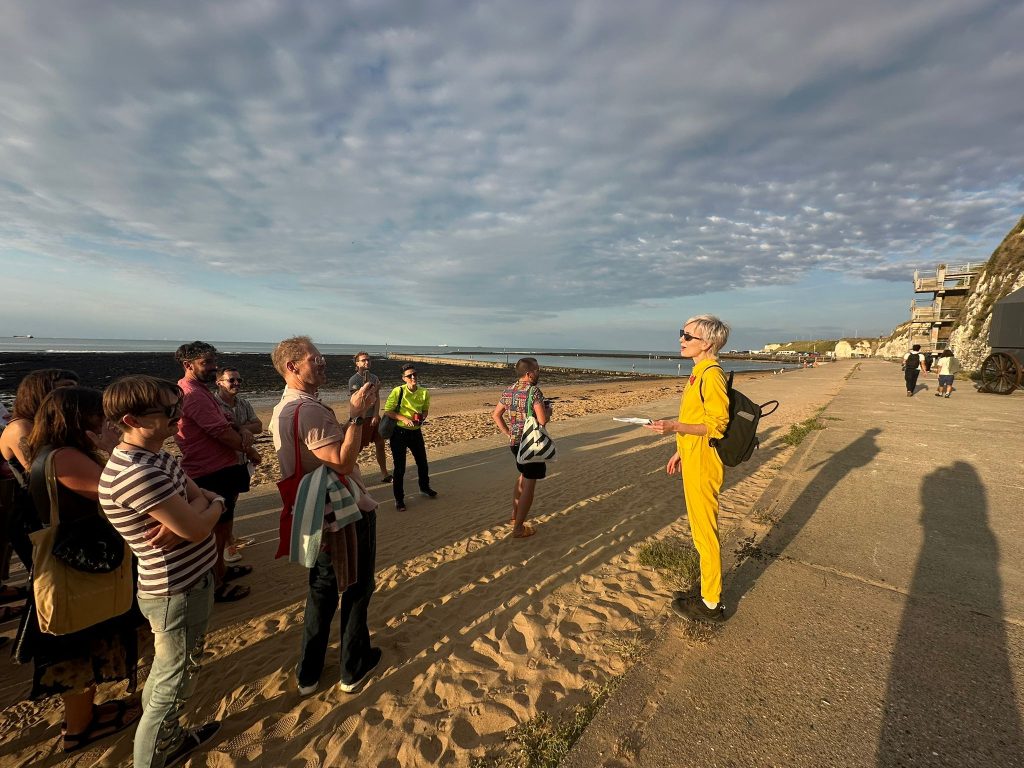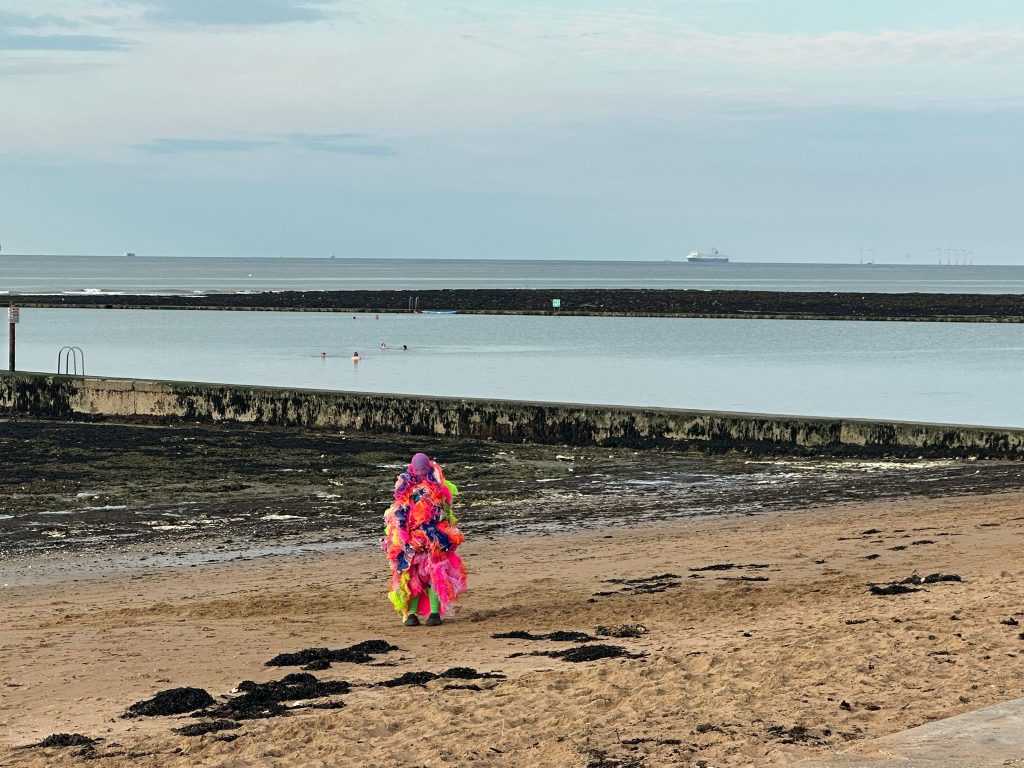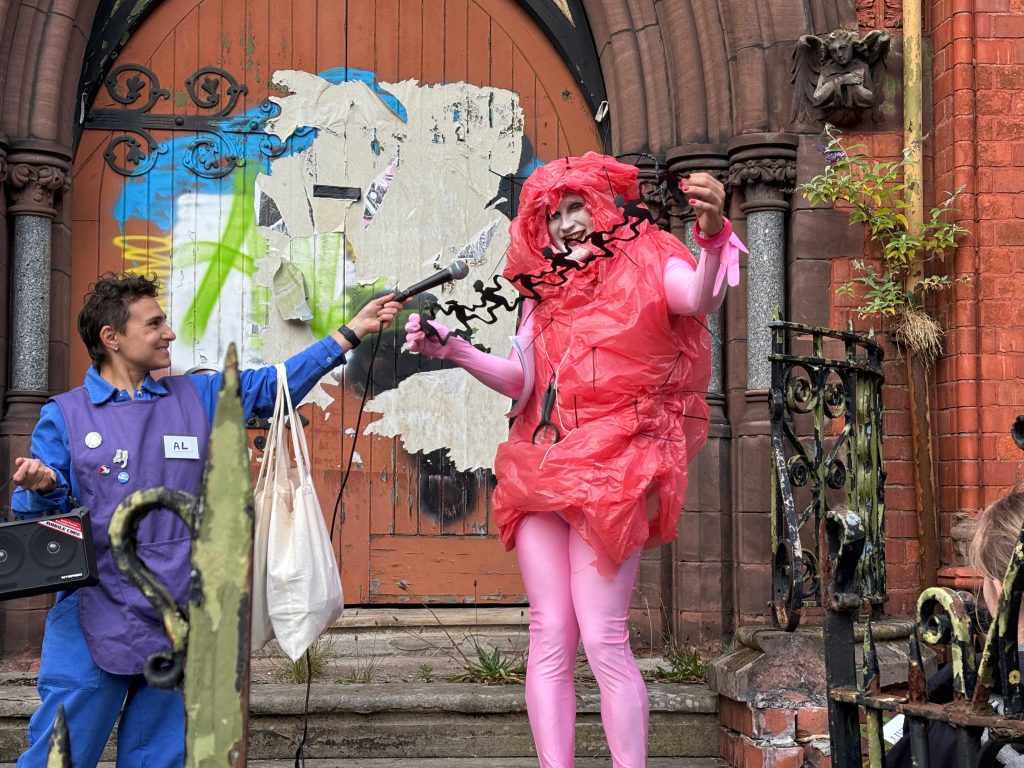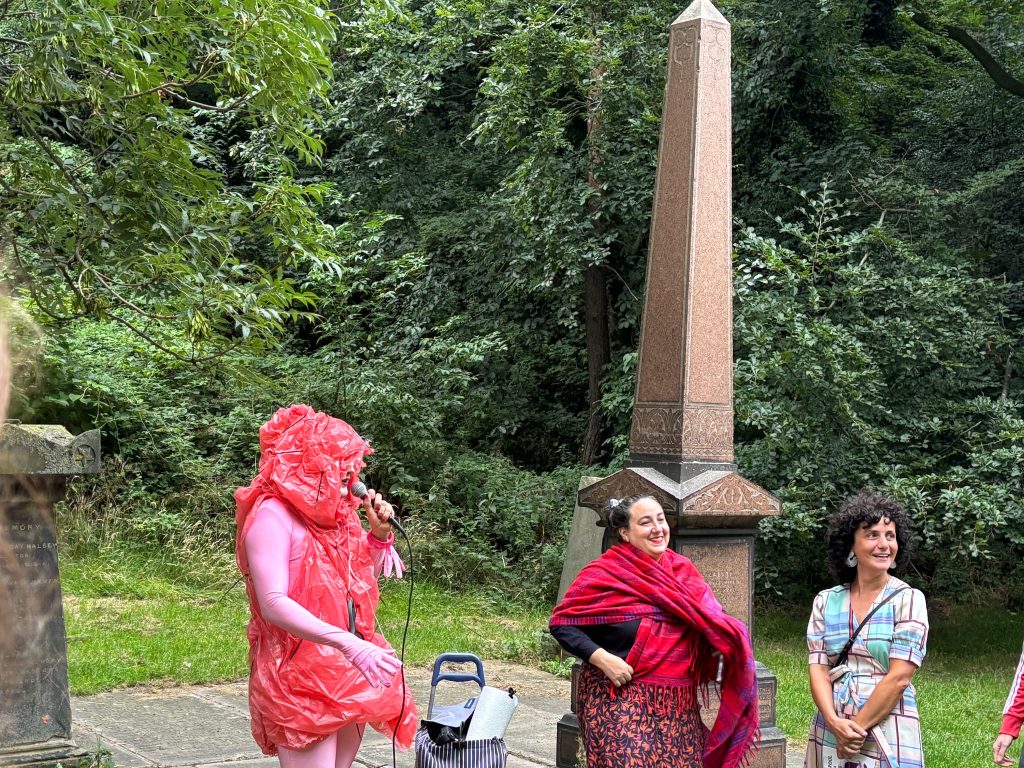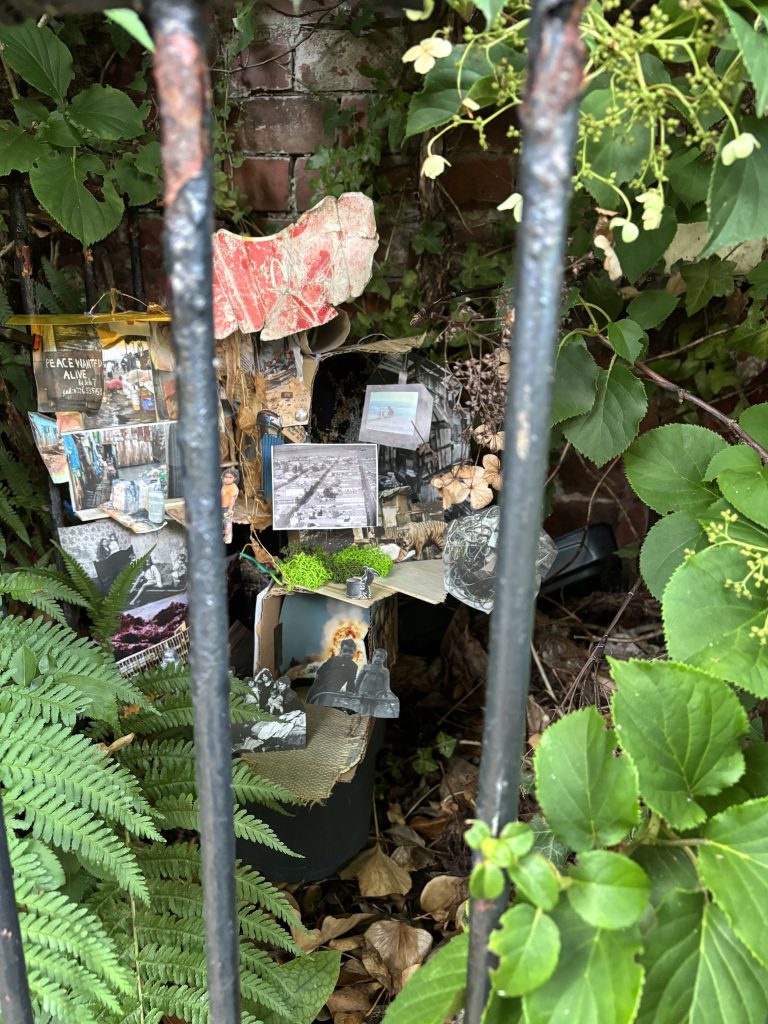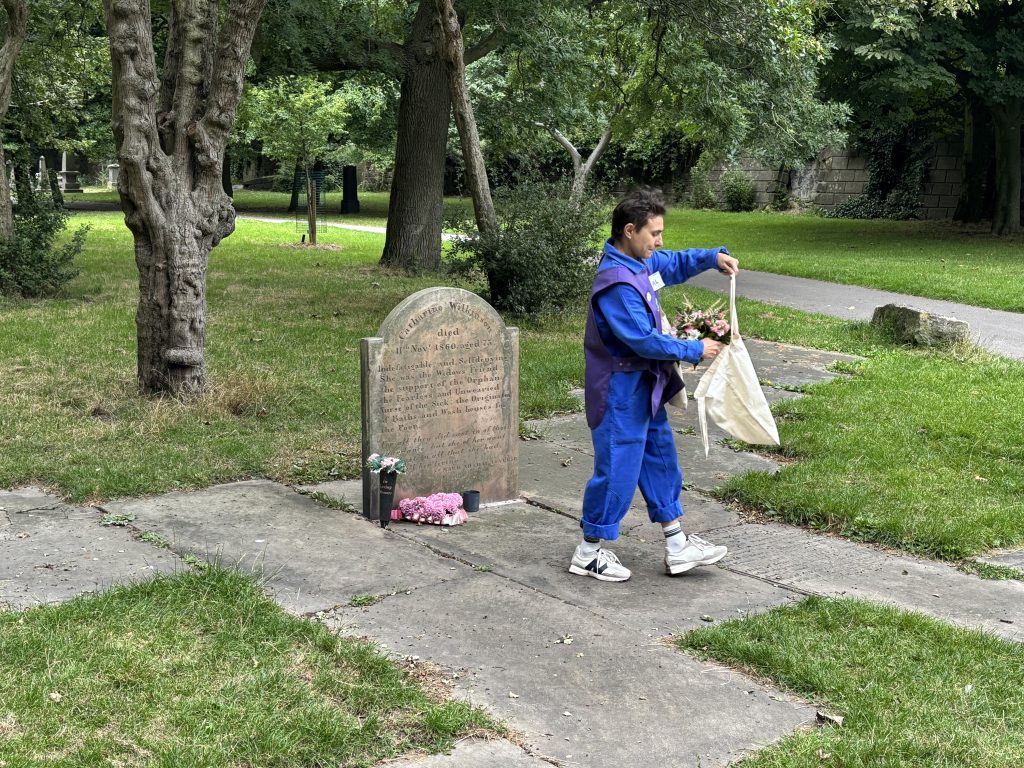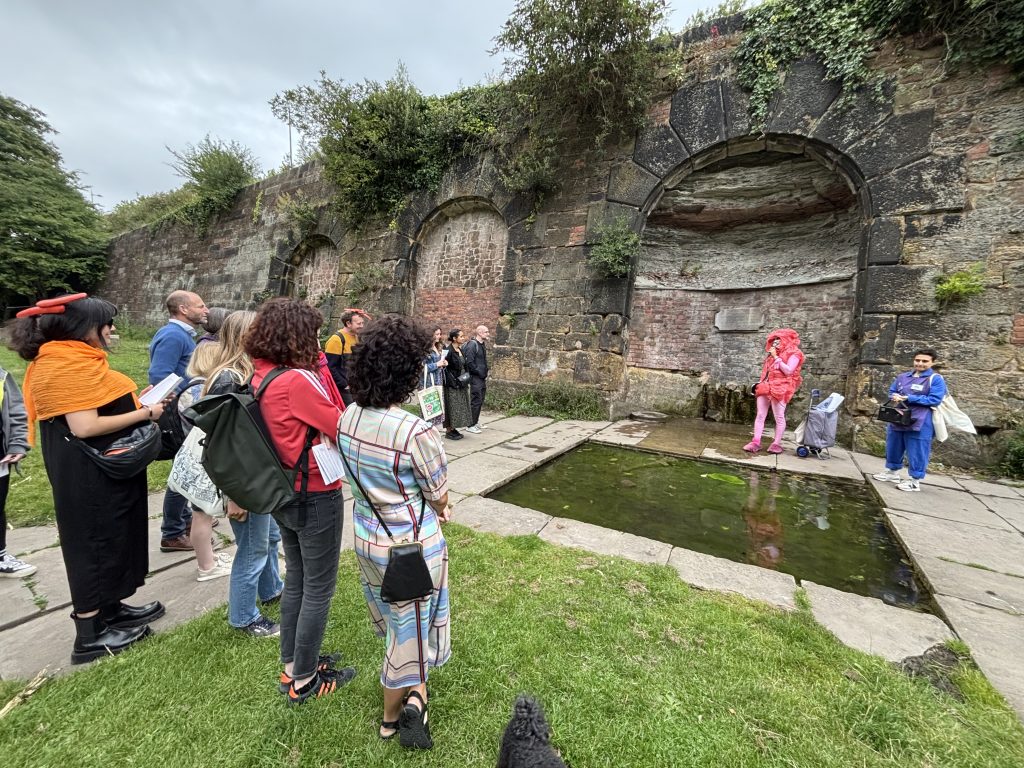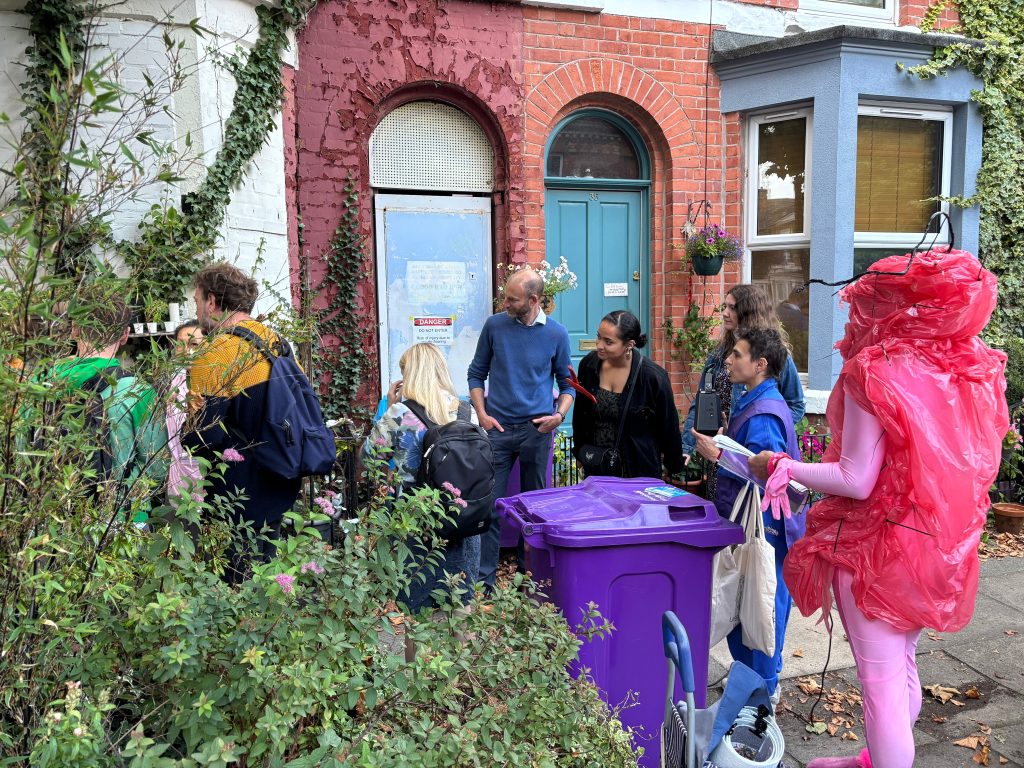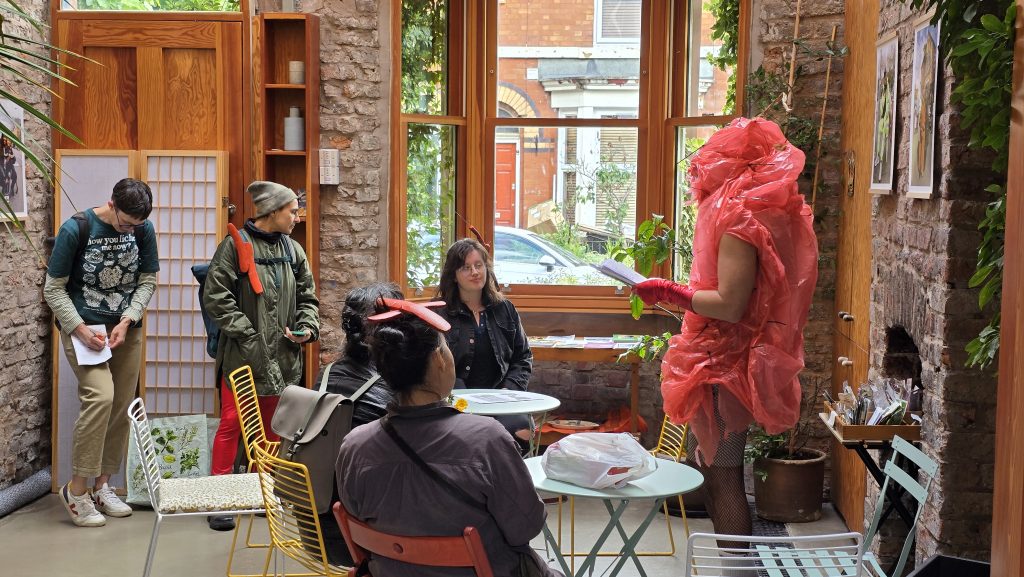This week, Flow.Walk.Drag. hit the road to share our weird and wonderful world at the Communicate Conference in Manchester – the UK’s big gathering for people working in science communication.
We were invited by the Ecological Citizen(s) Network+ to be part of their session on ‘Unexpected & Creative Paths to Ecological Citizenship’. And honestly? It doesn’t get more unexpected than microbial drag telling stories about colonial histories and water justice. But that’s exactly why it works!
Dr Annalaura Alifuoco presented our approach – how we use performance, walking and a healthy dose of indigested content to get people thinking differently about their relationship with water, microbes and each other. The conference brought together scientists, artists, educators and communicators from all sorts of backgrounds, and our joyful, queer take on ecological storytelling went down a treat.
The big question we posed: What if the ecological crisis isn’t an informational problem, but a relational one? What if we don’t need more scary facts, but better stories about how we’re all interconnected?
From Irish potato fungus to ‘invasive’ Buddleia plants to the bacteria swimming in Liverpool’s historical waterways – we shared how Flow.Walk.Drag. uses these stranger stories to help people feel their entanglement with the more-than-human world.
Huge thanks to Emily and the ECN+ team for the invitation, and to everyone who stayed to chat afterwards. The conversations were brilliant – proof that when you lead with joy and curiosity, people want to come along for the ride.
More adventures coming soon. Watch this space (and the waterways).
💧🦠✨
